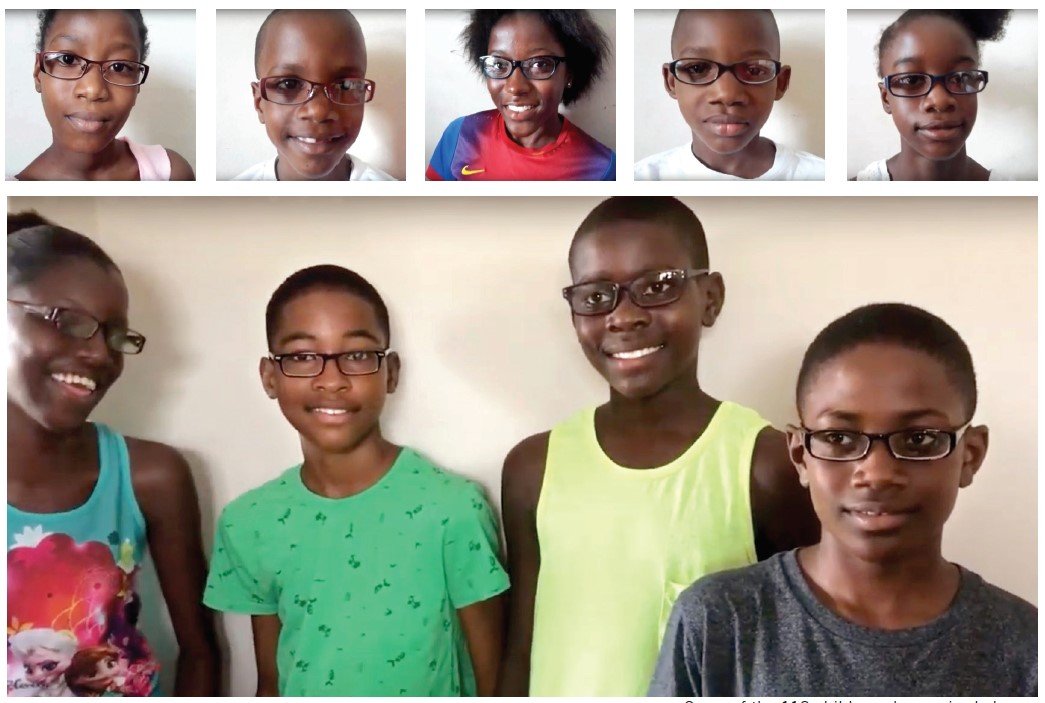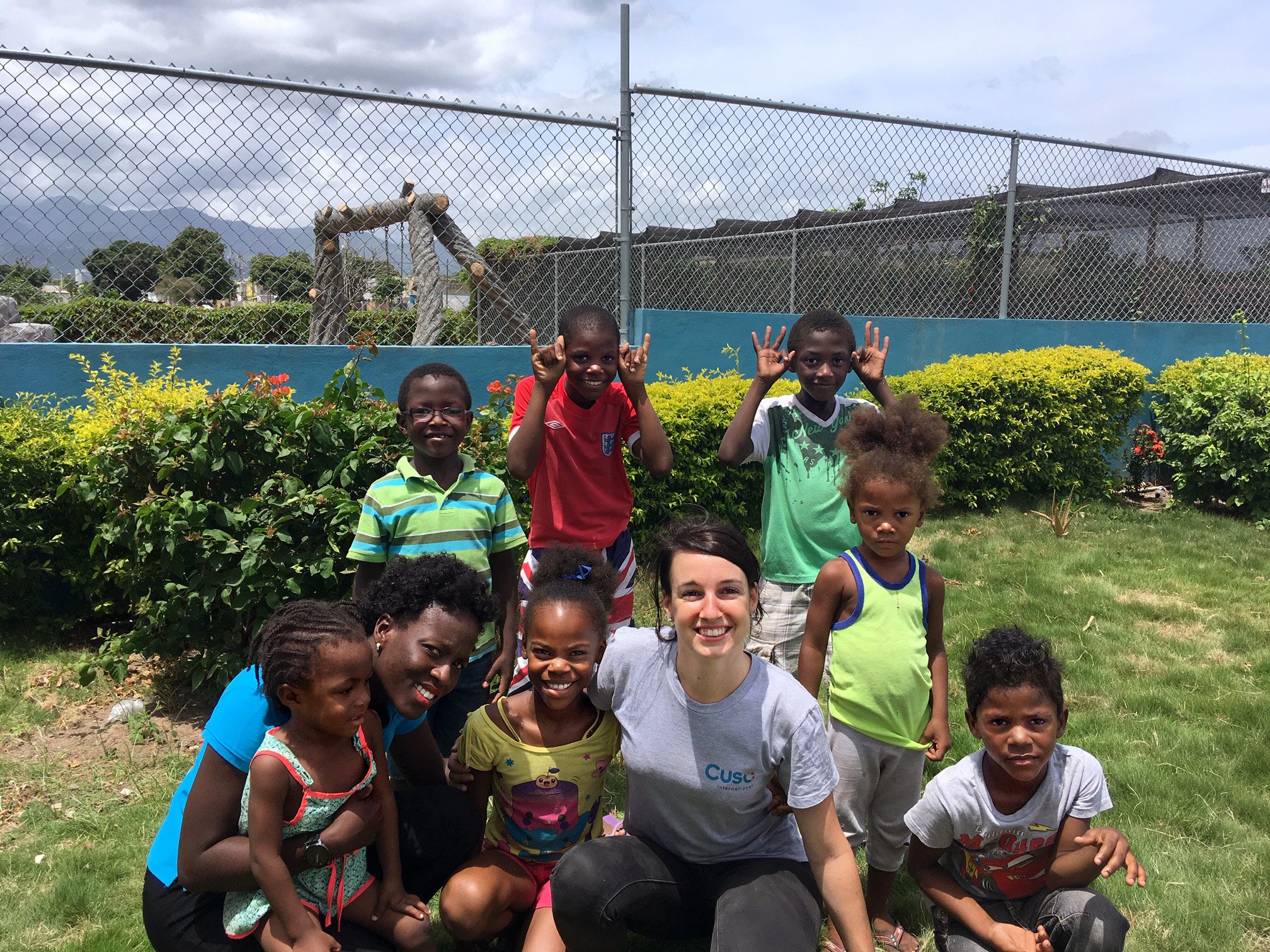Helping young students in Jamaica see better to learn better
Story

Eight-year-old Jayquan didn’t like to read. In school, he always sat at the back of the classroom where he would inevitably fall asleep. Instead of doing his homework, he would opt to watch TV. But when the television was on, his mother noticed he would stand very close to the screen.
“Jayquan complained about headaches whenever he was supposed to do his homework,” says Kimberly Black, Jayquan’s mother. Concerned, she didn’t know where to turn to find out what was going on. “When he wasn’t sleeping, he was getting into trouble. As a single mother, I had no help.”
The root of Jayquan’s troubles, it turned out, was his vision. He needed glasses.
According to the Canadian Association of Optometrists, nearly 25 per cent of school-age children have vision problems severe enough to affect their learning. Research shows that correcting poor vision with properly prescribed glasses results in a greater impact on academic performance than any other health intervention.

Cuso International volunteer Emilie Denis (bottom, centre) with children who had their vision tested.
“The best way to eradicate many issues in Jamaica is by increasing access to education. It allows children to think for themselves,” says Cuso International volunteer Emilie Denis. She worked with Kimberly at the Rose Town Foundation, an NGO in the inner city of Kingston, Jamaica for eight months as a Human Resource Advisor.
When Kimberly shared some of the struggles she was experiencing with her son, a lightbulb went off for Emilie.
Emilie organized a partnership between Rose Town Foundation and See Better, Learn Better, a collaborative project that provides vision screening to school children. “There is a cost to attend school and not all can afford it, but glasses are a really good first step,” says Emilie.
Over three days, 112 children between the ages of five and 15 were examined by eye doctors. Those requiring glasses were able to choose from donated frames, which were then modified for a perfect fit.
“This was a big project for us,” says Emilie. “The glasses help them do better in school so they can learn.”
No one is a better example of the difference this initiative made than Jayquan. Six months after receiving his glasses, he enjoys doing his homework and gets high grades in class. “He has even received academic awards,” says Kimberly. “He is the best reader in his class and was named ‘Top Boy.’ I am so proud of him.”